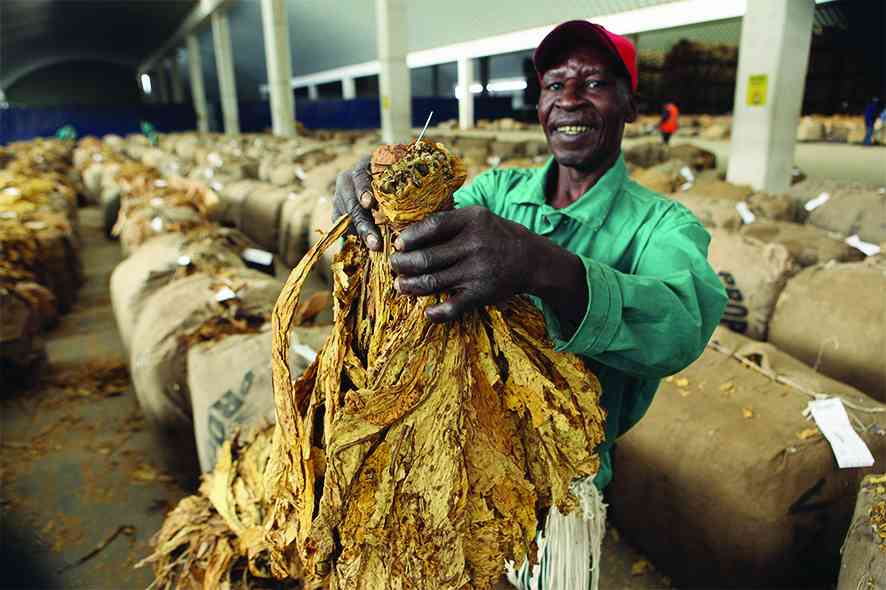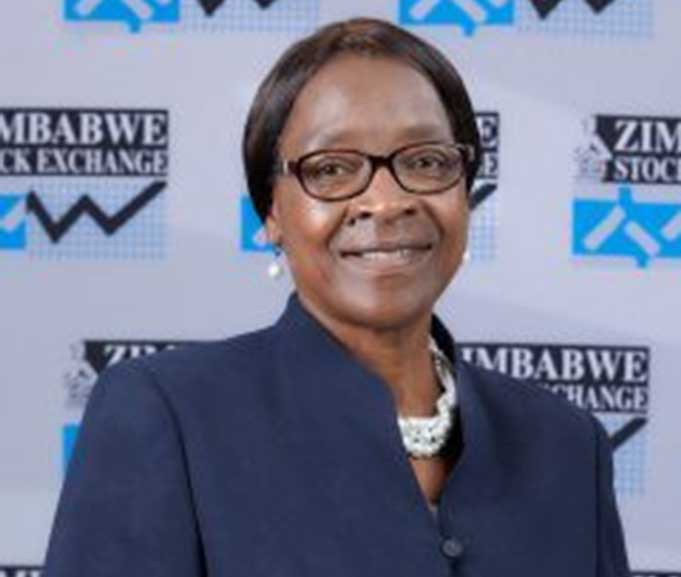
ZIMBABWE’S tobacco volumes have declined by 26,71% to 191 million kilogrammes as of Tuesday this week compared to the same period last year, due to the effects of El Niño-induced drought, official data shows.
Data obtained from the Tobacco Industry and Marketing Board (TIMB) showed that in terms of value, tobacco sales fell by 15,69% to US$663,7 million, despite average price per kg increasing by 15,04% to US$3,47.
A total of 180,3 million kg of tobacco worth US$624,9 million were sold on the contract floors.
In contrast, 10,7 million kg of tobacco worth US$38,8 million was delivered on the auction floors.
Zimbabwe this year projects to produce 235 million kg of tobacco, from a record harvest of 296 million kg last year.
“The reduction in sales can be attributed to the El Niño weather phenomena experienced across the country, impacting tobacco production,” TIMB spokesperson Chelesani Moyo-Tsarwe said.
Economic analyst Victor Nyoni recently told our sister paper, The Standard, that the decline in tobacco sales will impact on foreign currency mobilisation.
“Tobacco is a key contributor to our GDP [gross domestic product]. You may talk about nearly 10% or just about 10% contribution to GDP. From other literature, tobacco accounts for about, if not more than 50%, of all the agricultural exports,” he said.
- TIMB boss in court
- Tobacco sales hit 208m kg mark
- Tobacco sales rake in US$650,3 million
- Payment delays threaten tobacco farming preps
Keep Reading
“One can see the earnings that the country gets from that angle. It means that it is a forex earner, when now you have a drop in the cells it means that we may struggle in mobilising forex in the manner that we have done in the previous years and, therefore, that has a trickle-down effect.
“The industry needs forex; we need to meet the purposes of forex in general. All of those things will be affected.”
The tobacco selling season is one of the few times that the government receives foreign currency, but farmers complain that they lose out because their input and labour costs are paid for in the foreign currency.
Farmers retain 75% of the foreign currency they get after selling the golden leaf.
Government buys the remainder in local currency.
Tobacco is a capital-intensive cash crop.
Meanwhile, Moyo-Tsarwe said TIMB board was recently awarded the best government enterprise in agriculture of the year at The ZIMCEO Network Awards dinner, following the record yield of 296,2 million kg and the successful hosting of the World Tobacco Africa Expo.
“The recognition awarded to the board also comes at a time when the marketing season is progressing well despite the El Niño weather phenomenon experienced across the country. The average price per kilogramme for this season is currently at US$3,47 per kg, which is higher than the US$3,02 per kg from the previous season,” she said.






